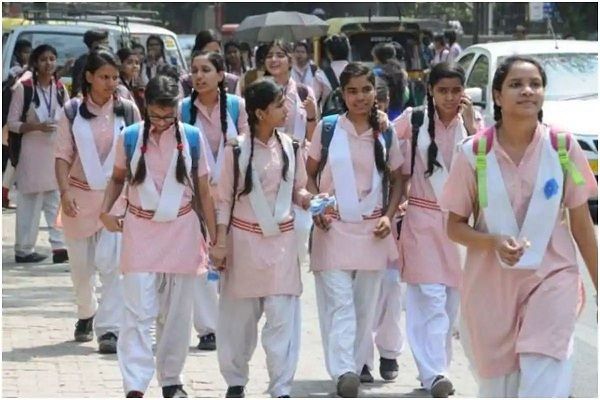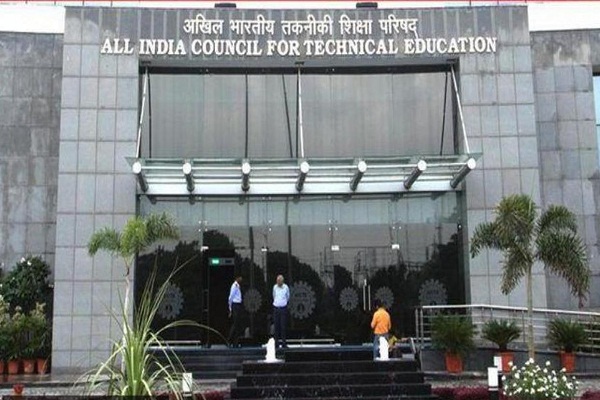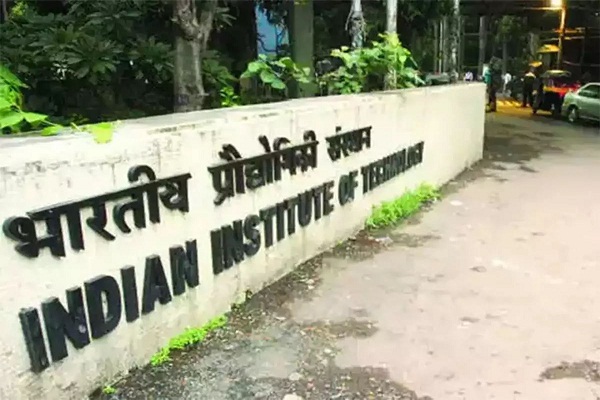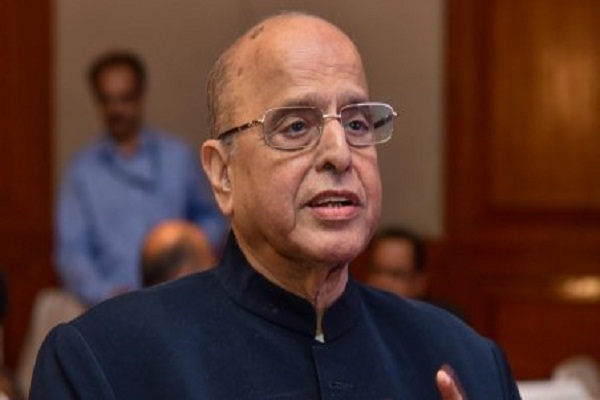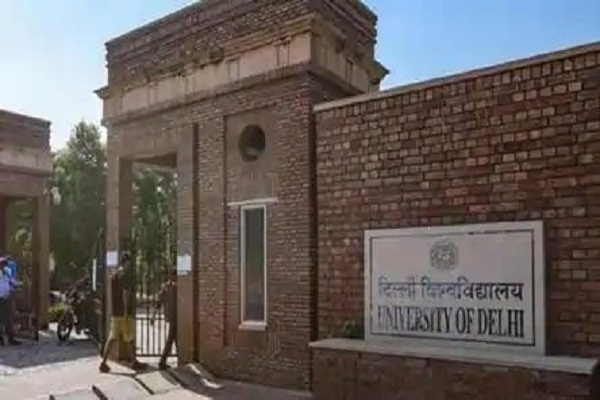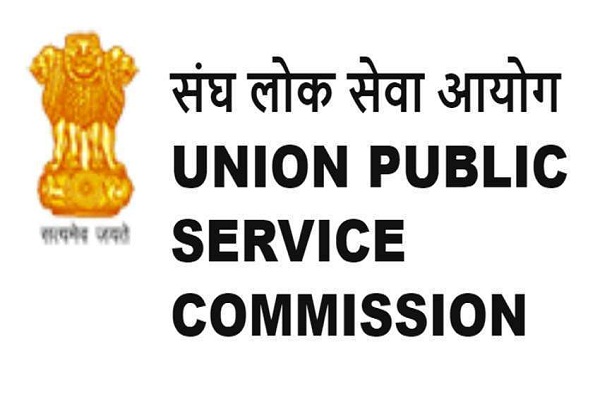Punjab Chief Minister Amarinder Singh virtually launched the second phase of the “Punjab Smart Connect Scheme”, marked by the distribution of smartphones to another 80,000 Class-12 students of government schools.
The event witnessed simultaneous distribution of phones in 845 schools by various ministers, MLAs and other dignitaries across the state, an official statement said here.
This will facilitate seamless e-learning in government schools amid the COVID-19 pandemic, it said.
Launching the second phase at the Government Senior Secondary School in Bhelolpur, the chief minister announced that the remaining 45,443 smartphones of the targeted 1,75,443 would be provided to students by the end of this month to fulfil the Congress government’s commitment to further strengthen digital infrastructure in schools.
Also read: Punjab CM virtually inaugurates 1,467 smart schools
He said while his government had tried to distribute these phones urgently to meet the online education challenges amid the pandemic, the closure of the industry had somewhat delayed the process.
In the first phase, 50,000 students had received smartphones. Under the scheme, the state government is spending Rs 87.84 crore for the digital empowerment of 88,059 boys and 87,284 girls, the statement said.
The chief minister said 877 tablet computers were also provided in 22 senior secondary schools on Friday at a cost of Rs one crore. Earlier, 2,625 tablet computers were provided to 372 primary schools at a cost of Rs 2.99 crore.
Addressing the students, Singh said when the Congress had promised that smartphones would be given to students in its manifesto for the last Assembly polls, nobody knew that these phones would become so vital for them due to the pandemic.








